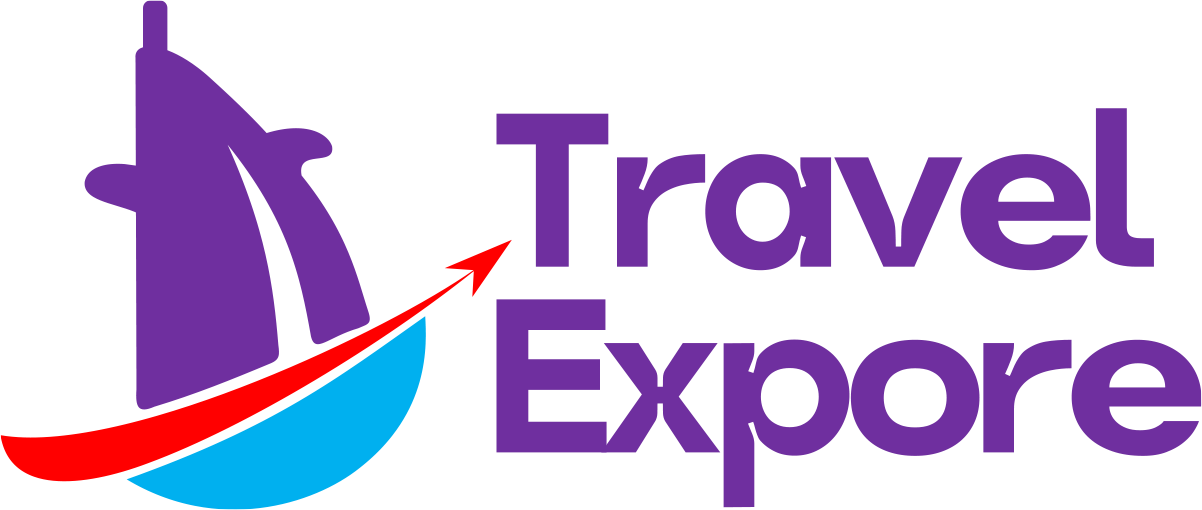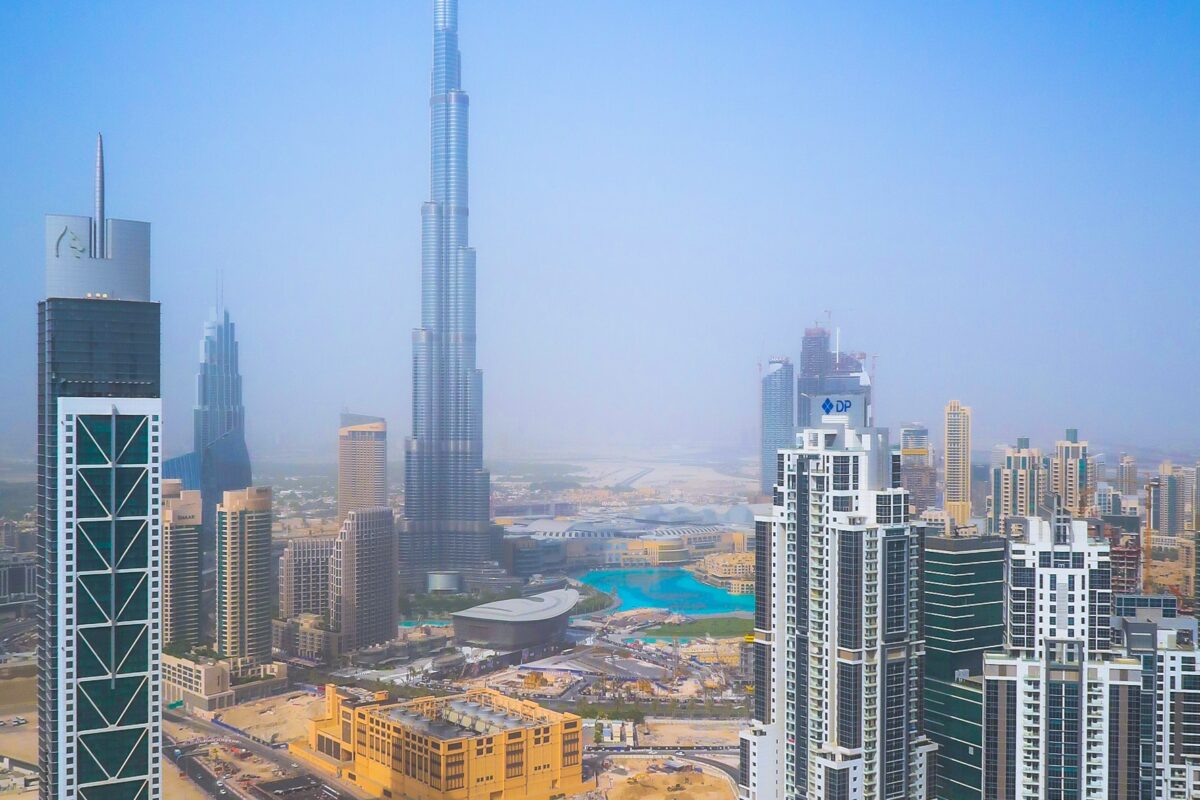Are you a Nigerian parent-to-be considering giving birth abroad? Brazil has become an increasingly attractive destination for birth tourism, offering expectant mothers world-class medical care, the chance to secure Brazilian citizenship for their child, and the opportunity to enjoy a vibrant travel experience.
From hospital costs to visa requirements, this comprehensive guide—brought to you by Travel Explore—covers everything Nigerians need to know about having a baby in Brazil.
🌟 Why Choose Brazil for Childbirth?
Brazil combines exceptional private healthcare with one of the most powerful passports in Latin America. Children born in Brazil automatically gain birthright citizenship, granting them access to over 170 visa-free or visa-on-arrival countries, including the Schengen Area, UK, and parts of South America.
For Nigerian parents, this is more than just a medical journey—it’s an opportunity to give their child a global head start.
Key Advantages:
- Brazilian citizenship by birth for your child
- Access to top-tier hospitals and English-speaking staff
- Welcoming, diverse culture (especially in cities like Salvador and Recife)
- Affordable care compared to Europe or North America
- Beautiful cities, beaches, and cultural experiences to explore during your stay
💰 How Much Does It Cost to Give Birth in Brazil?
Here’s a detailed breakdown of average expenses to expect:
1. Medical Costs
| Type of Service | Estimated Cost (USD) |
|---|---|
| Vaginal Delivery | $1,500 – $5,500 |
| C-Section Delivery | $6,500 – $11,000 |
| Prenatal Checkups (6–7 visits) | $200 – $300 |
| Postnatal Checkups | $100 – $200 |
2. Hospital Type
- Public hospitals: Free for Brazilian residents, but access for foreigners is limited and often discouraged due to bureaucracy and language barriers.
- Private hospitals: Highly recommended for foreign patients, offering English-speaking staff, better infrastructure, and faster services.
3. Travel, Visa & Accommodation
- Visa Type: Nigerians need a Tourist Visa (VIVIS) or Medical Visa (VITEM II). Estimated fee: $100.
- Flights: Round-trip from Lagos/Abuja to São Paulo or Rio: $800 – $2,000.
- Accommodation & Living Expenses: For a 6–8 week stay, budget $1,000 – $3,000.
- Birth Tourism Packages: from ₦399,000 – ₦829,000 (~$230 – $300).
4. Child Documentation
- Birth Certificate & Passport: Costs around $450 – $600.
- Dual Citizenship: Brazil permits dual citizenship. You can later apply for a Nigerian passport for your child through the Nigerian Embassy in Brasília.
5. Total Estimated Cost
| Scenario | Total Cost Estimate |
|---|---|
| Vaginal Delivery (budget option) | $5,000 – $7,000 |
| C-Section (premium care) | $10,000 – $15,000 |
🇳🇬 Important Considerations for Nigerians
📍 Choose Your Location Wisely
- Affordable cities: Florianópolis, Fortaleza, Porto Alegre
- Premium options: São Paulo, Brasília, Rio de Janeiro
📅 Plan Your Timeline
- Arrive at least 4–6 weeks before your due date.
- Airlines restrict pregnant travellers after 36 weeks, so plan flights early.
📄 Legal & Entry Requirements
- Passport, visa, prenatal medical history
- Contact the Brazilian Consulate early for the latest rules on medical tourism and hospital entry protocols
🏥 Hospitals to Consider
- Hospital Israelita Albert Einstein – São Paulo
- Maternidade São Luiz – São Paulo
- Hospital Santa Joana – Recife
✈️ Travel Explore’s Practical Tips for a Smooth Journey
- Work with Experts: Travel Explore partners with trusted agencies to assist with visa support, accommodation, translation, and hospital bookings.
- Get Health Insurance: Consider international maternity coverage or emergency insurance. Providers like IMG Global offer flexible plans.
- Engage the Community: Connect with Nigerian families in Brazil via WhatsApp groups or Facebook communities like “Nigerians in Brazil.”
- Understand Local Procedures: After delivery, register your baby at a Cartório (registry office), then apply for a passport at the Federal Police (Polícia Federal) office.
- Set a Contingency Fund: Budget extra for unexpected costs like NICU stays, additional scans, or prolonged stays.
🌍 Is Birth Tourism in Brazil Worth It?
For many Nigerian families, giving birth in Brazil is more than a medical decision—it’s a strategic one.
✅ Brazilian citizenship gives your child global travel and education opportunities
✅ The care is affordable and high quality
✅ You enjoy a memorable travel experience in one of the world’s most vibrant cultures
If you’re seeking a birth destination that offers both practical benefits and personal enrichment, Brazil is a top choice.
📞 Need Help? Contact Travel Explore!
Planning a birth abroad is no small task—but you don’t have to do it alone.
📍 Website: https://travelexpore.com
📧 Email: travelexpore2020@gmail.com
📞 Phone/WhatsApp: +2347063404422
📸 Instagram: @travelexpore
Let Travel Explore assist you with:
- Visa applications
- Hospital recommendations
- Flight and accommodation planning
- Maternity package selection
📝 Final Word
Giving birth in Brazil can be a life-changing decision that benefits your child and your family for years to come. With proper planning, expert support, and a sense of adventure, you can enjoy a smooth, safe, and enriching experience abroad.
Want more travel tips and birth tourism guides? Subscribe to our newsletter or follow us on Instagram for real-time updates and family relocation support.
Note: Prices may vary depending on currency fluctuations and hospital policies. Confirm directly with hospitals or agencies before booking.



